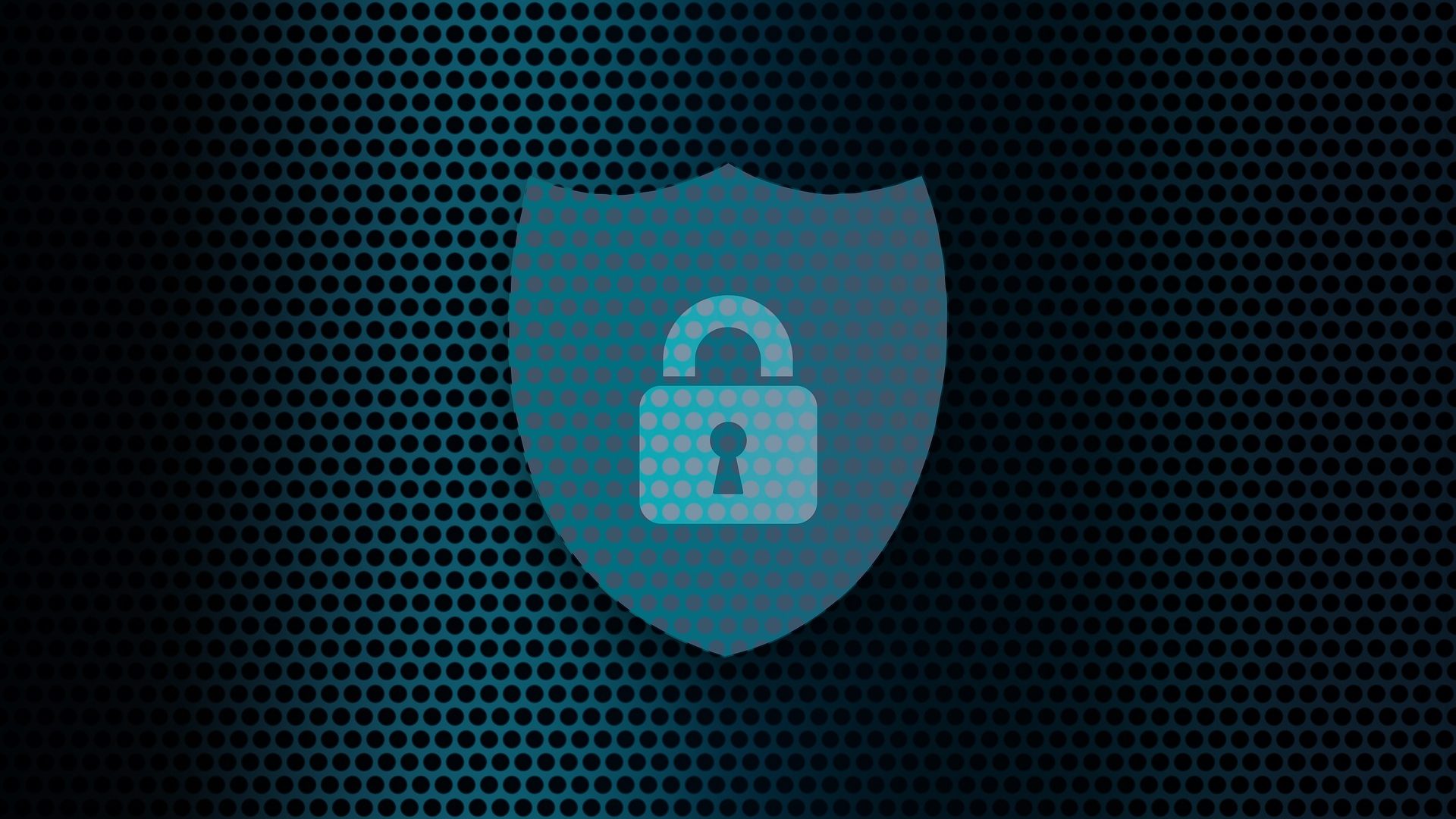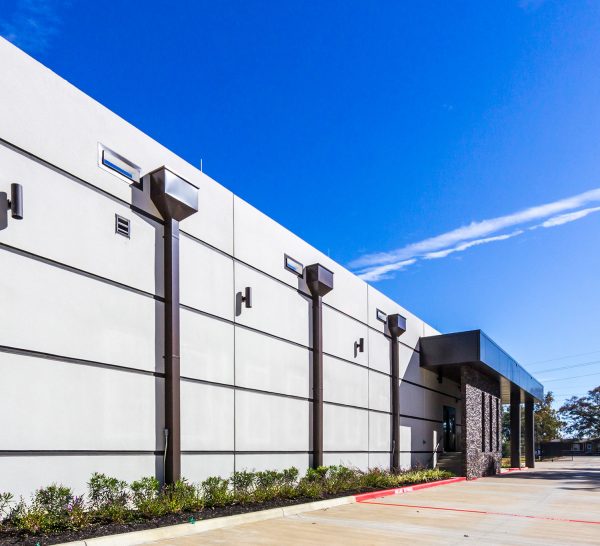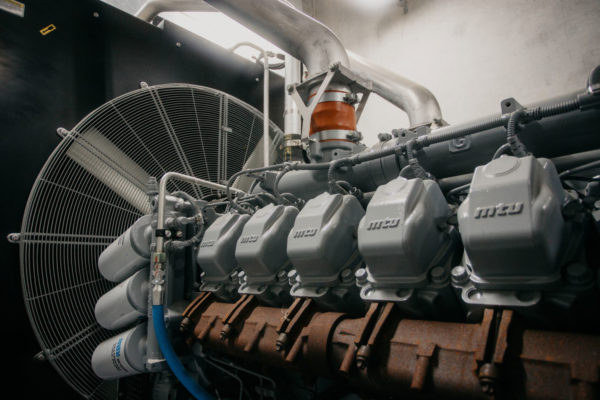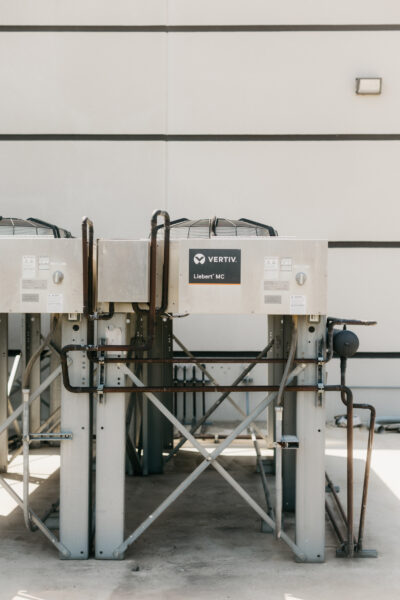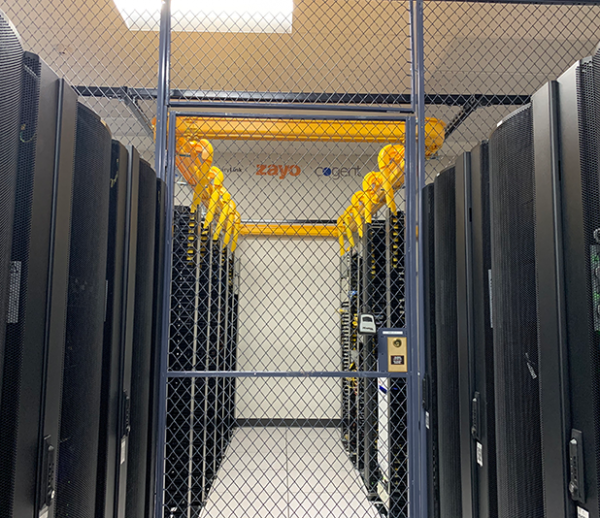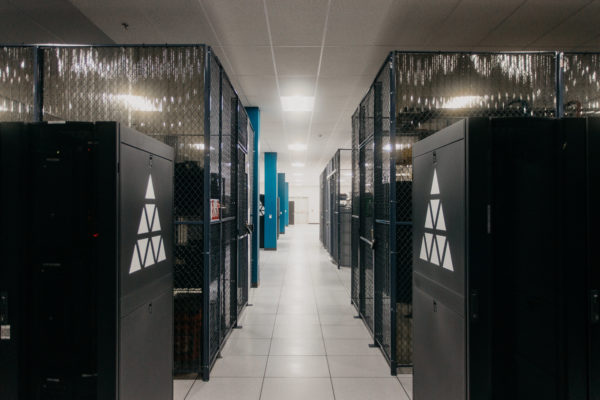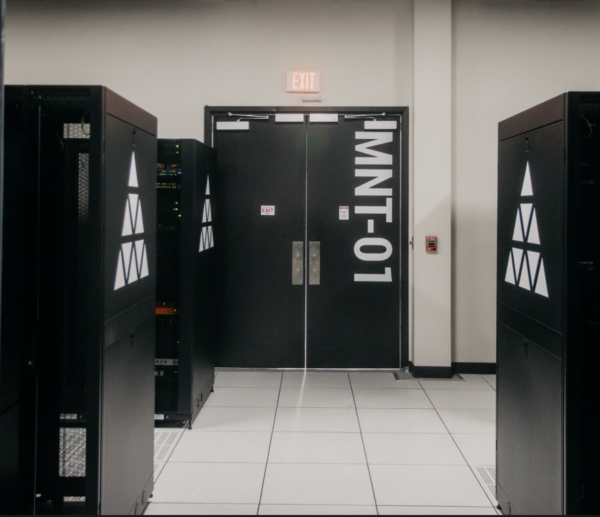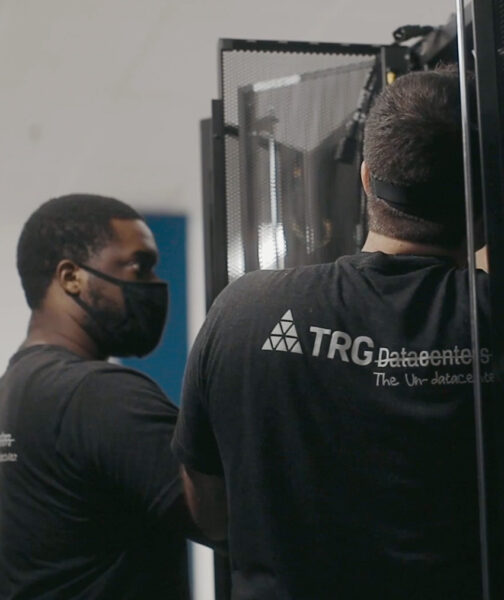Businesses tend to have a lot of data on their customers, as well as other details they would rather not let other people have access to. Such information can be very valuable to other people and there’s a lot of nefarious characters out there that will try and gain access to this data for their own benefit.
Cost of Data Exposure
If data is lost then it can very costly to a business in numerous ways, including:
- Reputational
Losing customers’ personal details can be devastating for a company’s reputation. People will be less willing to do business with the company in the future, especially if it means giving them personal details.
- Financial
Data breaches can cause a lot of down time and significant losses in revenue. A loss of trust will mean a lot of the company’s customers will take their business to a competitor.
- Legal
Companies are legally obliged to keep data stored in a safe place, including ISO 27001: 2013, GDPR, SAE 18, HIPAA, and PCI DSS. Failure to comply with regulations can result in severe legal repercussions for a company.
Video Monitoring
Your data center should have advanced Closed-Circuit Television (CCTV) systems that provide full visibility of the premises inside and out. All video should be recorded so it can be played back at a later date if a security breach is suspected. Modern CCTV systems can make sure nothing is missed if doors are opened on the premises by automatically ensuring the cameras are focused on the right spot and recording. Server cabinets themselves should always be monitored in addition to entrances and exits.
While helping identify intruders is an obvious benefit of having CCTV, perhaps the most valuable benefit is the deterrent it provides. Few people would even try to steal from a data center if they know they are being recorded.
Standardized Security Protocols
A data center could be well-staffed and have the best security technology available but still be vulnerable if strict protocols are not established. Security staff should all be trained in the protocols to help prevent unauthorized personnel from gaining access to data. Other staff should also be made aware of the correct procedures and trained to identify and report anything that looks unusual. A no-risk policy should be adopted with anybody treated with suspicion if they are breaking with the protocol.
Restrict Physical Access
If somebody does not have the required clearance then they should not be allowed into the building or they should at least be escorted at all times. High-tech equipment like motion sensors and biometric scanners should also be installed to help security personnel limit access to authorized personnel only.
Physical locks add another layer of security that makes it harder for potential thieves to get what they’re looking for. Not only should doors and gates to secure areas be locked, but data cabinets themselves should also be locked (and bolted to the ground). As well as helping to foil intruders, locks can help protect data from internal breaches.
The layout of the building should also be considered, and it’s best to use a data center located in a building that was designed with security in mind. Thick, solid walls should make it all but impossible for potential intruders to make their way through and windows should be limited. There should be as few entry points as possible and any entry points that are present should be made as secure as possible.
Many data centers are located away from main roads to help make it more difficult for trespassers to gain access without being noticed. It may also be necessary to consider the possibility of floods, fires, and other natural phenomena that might cause damage and/or result in a security breach.
Climate Control
Make sure your data is safe from heat, humidity, and other factors that might cause damage. For example, it can be easy for servers to get too hot, potentially causing a fire to break out, and a fire could result in data being destroyed. Too much humidity in the atmosphere can also be damaging to electrical equipment.
A secure data center should ideally have climate monitoring and control systems in place that will help to prevent your data from being lost through environmental factors.
Disaster Recovery and Business Continuity
A secure data center should always have redundant backup infrastructure in case something happens with their primary systems. If a server cabinet is somehow destroyed, the data within should remain existent and secure. It’s not only server cabinets that need to be backed up, but entire systems that support the operating and security of the cabinets.
From security personnel and systems, climate control, and power, redundancy should ensure there’s always backup systems to fall back on if needed. Business continuity plans should always be in place to ensure everything continues to run as smoothly as possible in the event of unexpected disruptions.
Restrict Virtual Access
No matter how secure a server cabinet might be, the data within is still at risk from what is arguably the biggest risk of all – hacking. Hackers are often very sophisticated and if they are able to identify any flaw then they will take advantage of it, with potentially disastrous consequences. Servers should always be kept up-to-date with the very latest internet security software and hardware available.
A secure data center should also employ network segmentation. Network segmentation creates additional barriers that hackers would have to break through, preventing them from having free access to all data in a network. Not only can segmentation help protect data from external breaches but it can also help keep data safe from internal threats.
Data Risk Management
Keeping data safe is an ongoing process that requires regular assessments and reviews of data center security. Ongoing assessment helps to identify potential vulnerabilities and ensure solutions can be put into place. Data risk management also takes into account environmental risks and changes in regulations.
—
Sensitive data can be very valuable, making data centers targets for people who want to access the data – usually with nefarious intentions. As such, a data center should make sure that its systems are secure from external and internal threats using advanced technologies and strict protocols that help thwart any unauthorized access. Contact our team for more information on how we protect our facility and our customer’s data from harm.
